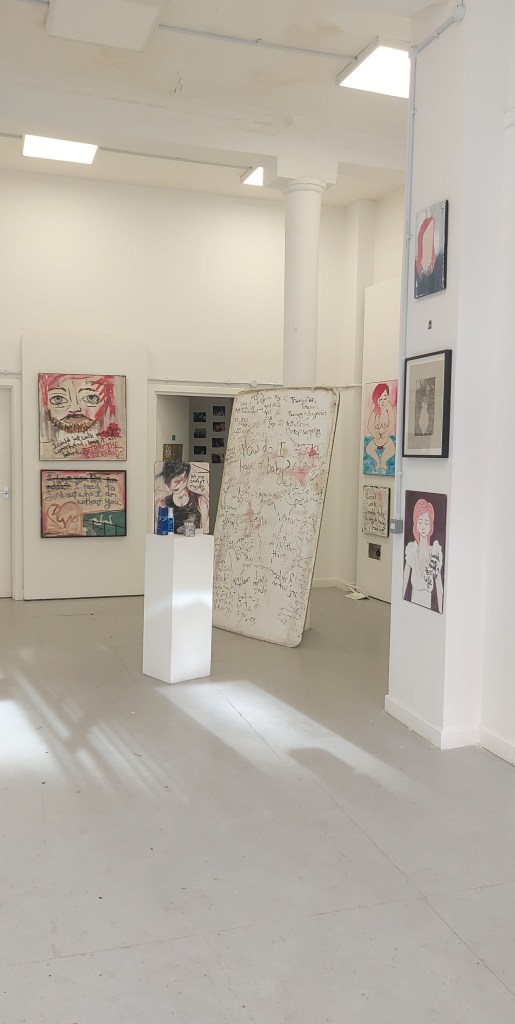On Sunday evening, I reached the end of the Richard Osman novel The Man Who Died Twice. I always like to read over the acknowledgements, and then I turned the page to find a section titled ‘Discussion Questions for Readers’.
Most of the questions give away plot points, so I won’t repeat those here, but there are a few only tangentially related to the story, such as ‘Have you ever been lonely in a new town?’ and ‘What is an acceptable name for a pet, and what is unacceptable?’
I’d never before seen this feature in a novel, so I asked around to see whether others had. While some pals were – like me – surprised to see this outside of an educational setting, others reported discussion questions appearing in other books, such as:
- A Man Called Ove by Fredrik Backman
- The Seven Husbands of Evelyn Hugo and Daisy Jones and the Six, both by Taylor Jenkins Reid
These titles were all published in or after 2012, and I’d be interested to find out whether any older novels also have this feature.
One respondent reported debating with herself whether such questions encourage critical thinking or are merely there to spoon-feed reading groups. I’ve considered this question myself, but I have no conclusions so far.
It’s not clear whether the discussion section was the initiative of the author or the publisher, but I expect you’d want to test the waters first. My edition boasts ‘The multi-million-copy bestseller’ on the cover, so I expect Penguin Random House knew by this point that its readers would want to discuss the title.
Although I really enjoyed The Man Who Died Twice, perhaps I haven’t seen a discussion section before because I simply don’t normally lean towards crime fiction, cosy or otherwise. However, I will keep an eye out for this in the future.



